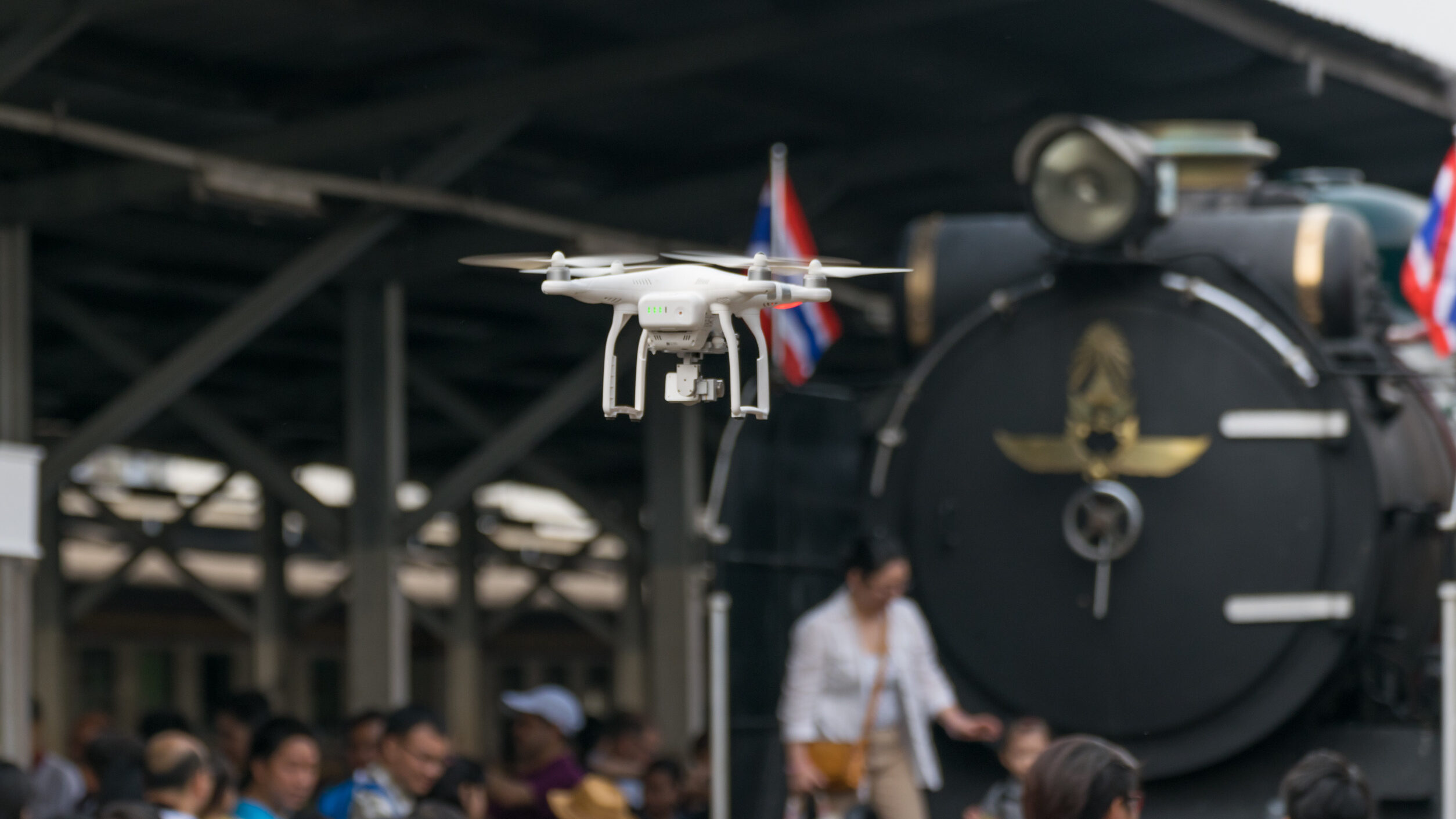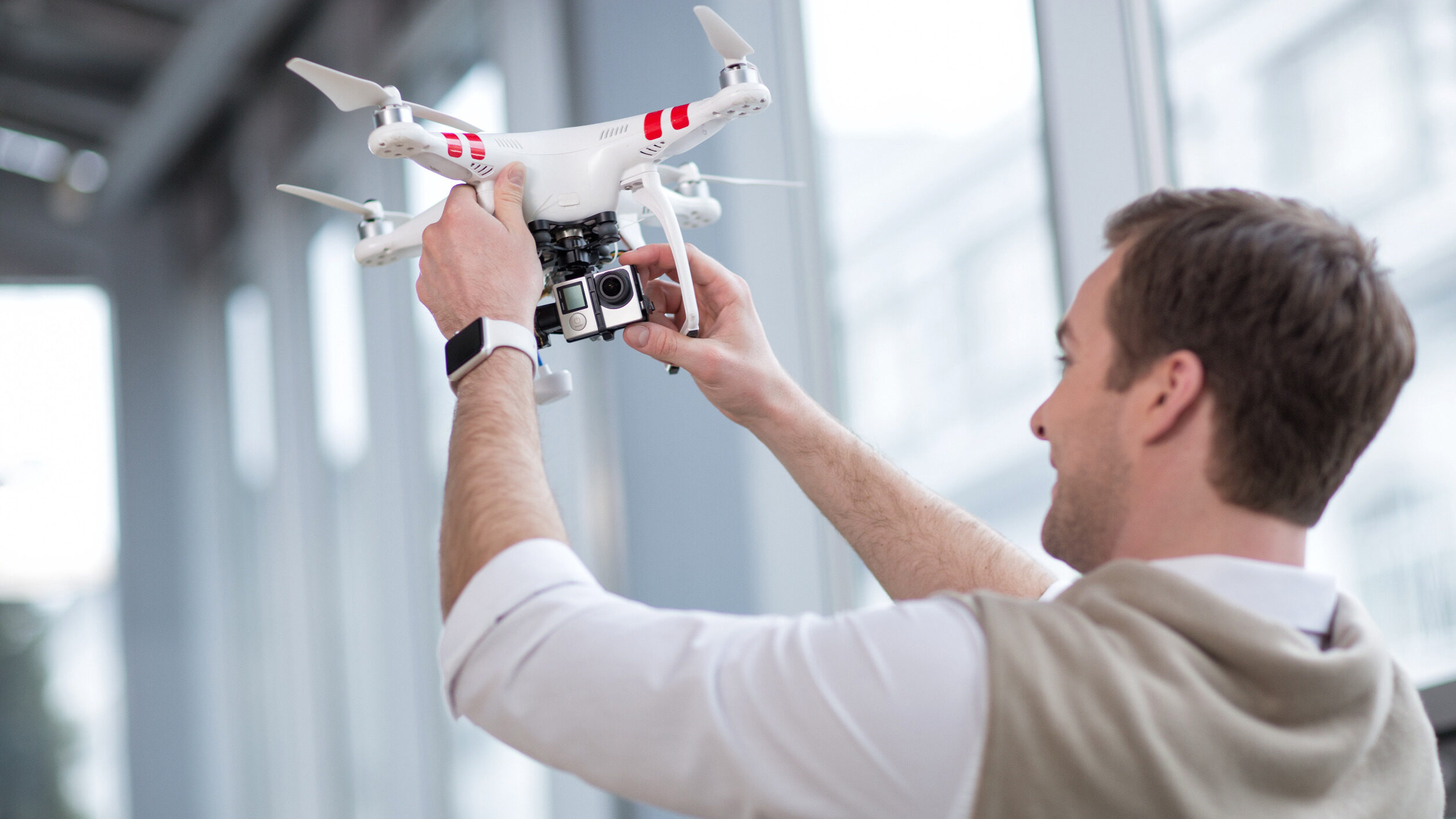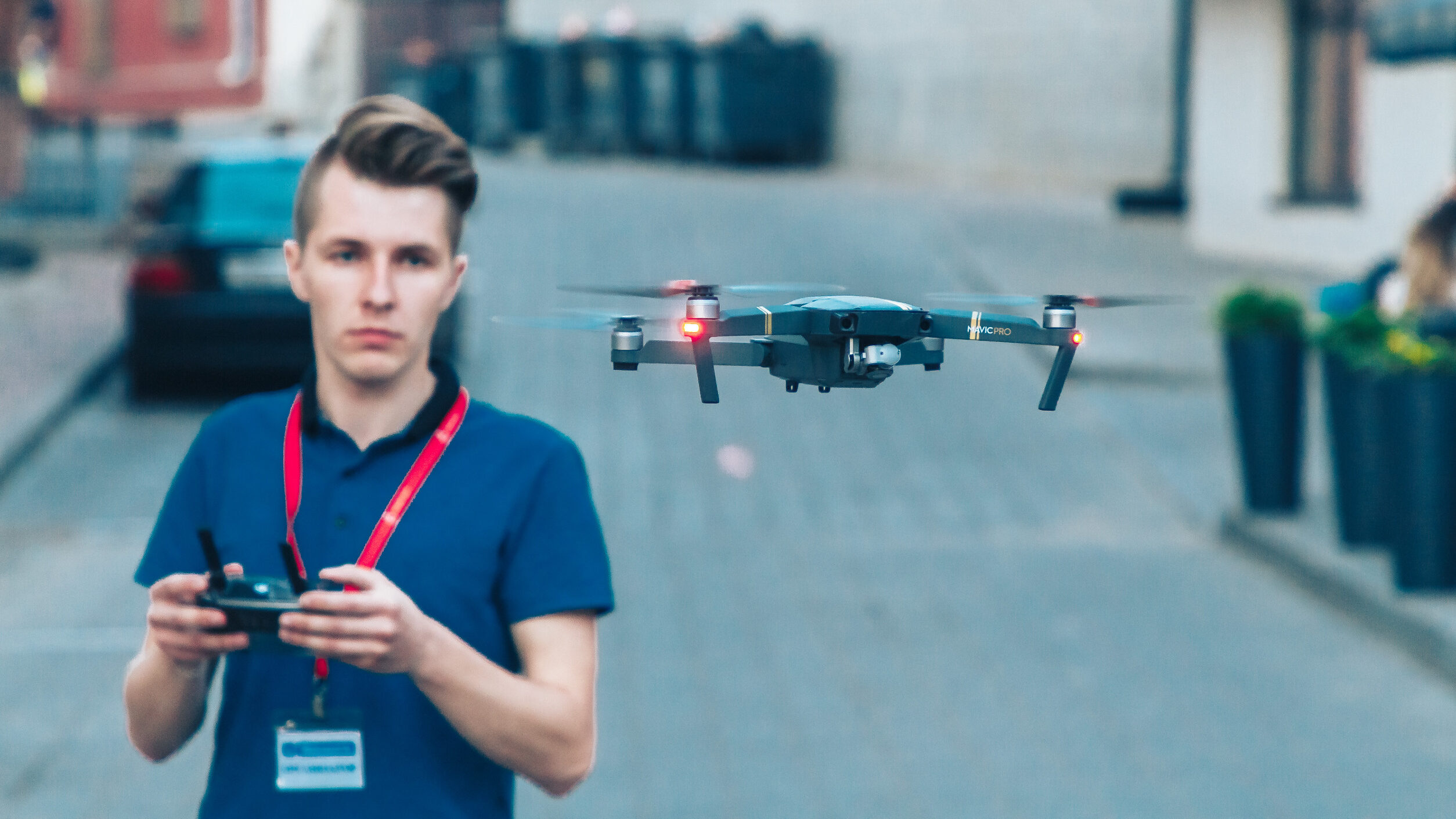Drone Trust Certificate: Everything You Need To Know
The world of drones is fascinating, isn’t it? From capturing breathtaking aerial shots to delivering packages, drones have reshaped numerous industries. However, with great power comes great responsibility. Enter the Drone Trust Certificate.
Introduction
Ever wondered how we can ensure the drone soaring above us is safe and adheres to the set standards? The answer lies in the Drone Trust Certificate. Think of it as a driver’s license, but for drones. Let’s delve deeper into this captivating topic.
Understanding the Drone Trust Certificate (DTC)

The Drone Trust Certificate (DTC) is a critical credential in the realm of drone operation. It goes beyond a mere certification, representing an operator’s comprehensive knowledge and dedication to flying drones with utmost safety and responsibility.
Origin and Significance
- Background: The DTC emerged from growing concerns over drone-related incidents and the need for a structured, recognized qualification system for drone operators.
- Establishment: It was created by a consortium of aviation authorities and industry experts.
- Purpose: The DTC offers a standardized system of trust and validation for drone operators, indicating that they have completed essential training and assessments.
The Application Process
Step-by-Step Guide
- Understanding Guidelines: Begin by familiarizing yourself with the regulations set by your national aviation authority.
- Online Application: This may include providing details of your drone and personal credentials.
- Practical Demonstrations: Some processes might require a demonstration of your piloting skills.
Necessary Documentation and Prerequisites
- Drone Specifications: Information about your drone.
- Operator Proficiency Records: Evidence of your skills and experience.
- Prior Flying Experience: Documentation of any previous drone operation experience.
Laws and Regulations
Drones have come under the scrutiny of various aviation authorities worldwide. Different countries have distinct rules for drone operations, some more stringent than others. For instance:
USA
- FAA Regulations: The Federal Aviation Administration mandates specific licenses like the Part 107 for commercial drone pilots.
- DTC’s Role: It complements these licenses, emphasizing the pilot’s safety commitment.
European Union
- EASA Guidelines: The European Union Aviation Safety Agency categorizes drones into three groups, each with distinct regulations.
- DTC’s Impact: It provides an additional trust layer, particularly in the ‘specific’ category that involves risk assessments.
Australia
- CASA’s Approach: The Civil Aviation Safety Authority has stringent guidelines, especially for commercial drone use.
- DTC’s Advantage: Holding a DTC can simplify permissions and offer competitive advantages in project bids.
The Drone Trust Certificate is a pivotal element in the drone operation landscape, symbolizing a comprehensive understanding of and commitment to safety and regulatory compliance in drone usage. Its significance varies across different regions, but universally, it represents a benchmark of trust and responsibility in the drone operating community.
Benefits of Having a Trust Certificate

Having a Drone Trust Certificate isn’t just about compliance; it brings with it a range of benefits:
- Professional Opportunities: Many industries, from filmmaking to real estate and agriculture, are more likely to hire or collaborate with certified drone pilots. A DTC acts as a badge of proficiency and reliability.
- Insurance Advantages: Some insurance providers offer better premium rates or specific plans for DTC holders, given the reduced risk associated with certified pilots.
- Access to Restricted Zones: Certain areas, while off-limits to general drone pilots, might be accessible to those with a DTC, given that they’ve demonstrated their understanding of safety protocols.
- Public Trust: As drone usage becomes more commonplace, the public’s perception of drone pilots will increasingly matter. A DTC can serve as a sign of a pilot’s commitment to responsible flying.
Challenges in Obtaining the Drone Trust Certificate (DTC)
Obtaining a Drone Trust Certificate (DTC) is a significant milestone for any drone operator, but it’s not without its challenges. These obstacles are part of the process, ensuring that only qualified and responsible individuals are certified. Here’s a look at some common hurdles and their implications:
Navigating the Paperwork
Understanding Complex Regulations
- Challenge: Drone regulations can be intricate and vary by country or region.
- Implication: Misinterpretation of these regulations can lead to errors in application.
Extensive Documentation Requirements
- Challenge: Gathering all necessary documents, such as drone specifications and proficiency records.
- Implication: Incomplete or incorrect documentation can delay or derail the certification process.
Practical Assessment Hurdles
Demonstrating Proficiency in Varied Conditions
- Challenge: Operators must show competency in different flying conditions and scenarios.
- Implication: Lack of experience in diverse conditions can result in assessment failures.
Handling Stress and Performance Pressure
- Challenge: Performing under observation can be stressful.
- Implication: Nervousness or pressure can impact performance, affecting the assessment outcome.
Continuous Learning and Adaptation
Keeping Up with Technological Advancements
- Challenge: Drones and related technologies are constantly evolving.
- Implication: Operators must continually update their knowledge and skills.
Adapting to Regulatory Changes
- Challenge: Aviation authorities may update regulations, requiring operators to stay informed.
- Implication: Failure to comply with the latest regulations can lead to certification issues.
Balancing Time and Resources
Time Management
- Challenge: The certification process can be time-consuming, especially for those balancing other responsibilities.
- Implication: Poor time management can prolong the certification journey.
Financial Investment
- Challenge: There may be costs associated with training, application fees, and equipment.
- Implication: Financial constraints can be a barrier for some aspiring operators.
Overcoming These Challenges
- Preparation and Research: Thoroughly understand the requirements and regulations.
- Practice and Training: Regularly practice flying in various conditions and seek professional training if necessary.
- Time Management: Allocate sufficient time for each step of the process.
- Financial Planning: Budget for the costs involved in obtaining the DTC.
In conclusion, while the path to obtaining a Drone Trust Certificate can be fraught with challenges, overcoming these hurdles is essential for ensuring that drone operators are well-prepared and responsible. Each challenge serves as an opportunity for growth and learning in the field of drone operation.
Maintaining and Renewing Your Drone Trust Certificate (DTC)

Obtaining a Drone Trust Certificate (DTC) is an important milestone for a drone operator, but it’s only the beginning. The real challenge often lies in maintaining and renewing the certificate. Here’s a detailed look at how to stay compliant and up-to-date with your DTC:
Staying Updated with Regulations and Guidelines
Understanding the Importance
- Dynamic Nature: Drone regulations and safety guidelines are continuously evolving.
- Compliance Necessity: Staying informed ensures that you operate within legal and safety boundaries.
Methods to Stay Updated
- Regular Check-Ins: Frequently visit the websites of aviation authorities or subscribe to their updates.
- Professional Networks: Engaging with drone operator communities or forums can provide insights into recent changes.
Regular Assessments and Refresher Courses
Ongoing Education
- Purpose: Some regulatory bodies may require drone operators to undergo periodic assessments or refresher courses.
- Benefit: These ensure that an operator’s knowledge and skills are up-to-date with current standards.
Best Practices
- Proactive Learning: Don’t wait for renewal time; engage in continuous learning.
- Training Programs: Participate in workshops or training programs offered by drone associations or training centers.
Operational Record Keeping
Importance of a Flight Log
- Tracking Flights: Keeping a detailed record of all your drone flights.
- Incident Recording: Documenting any incidents or deviations from standard procedures.
Benefits in Renewals
- Proof of Experience: A well-maintained log can serve as evidence of your ongoing commitment to safe drone operation.
- Problem Identification: Helps in identifying areas that might require additional training or focus.
Budgeting for Renewal Costs
Anticipating Expenses
- Renewal Fees: Some authorities might charge a fee for renewing your DTC.
- Additional Costs: Costs associated with training or assessments.
Financial Planning
- Advance Budgeting: Set aside funds well in advance for renewal-related expenses.
- Regular Savings Plan: Consider creating a dedicated savings plan for your drone operating expenses.
Maintaining and renewing your Drone Trust Certificate is a process that requires continuous effort, learning, and adaptation. It’s not just about keeping the certificate valid, but also about ensuring that you remain a safe, responsible, and informed drone operator. By staying updated with regulations, undergoing regular assessments, keeping thorough operational records, and budgeting for renewal costs, you can effectively maintain and renew your DTC.
The Role of Technology

AI, advanced sensors, and automation are revolutionizing drone operations. These advancements will only make adhering to the trust certificate guidelines smoother and more efficient.
Conclusion
The sky might be vast, but it’s shared by many. As drone enthusiasts, obtaining a trust certificate is our way of ensuring safety, trust, and professionalism. So, ready to soar responsibly?
FAQs
- Is a Drone Trust Certificate mandatory for all drones?
It depends on regional regulations and the drone’s purpose, but it’s a mark of trustworthiness. - How often do I need to renew the certificate?
Typically, every few years, but always check with your national aviation authority. - Can I transfer my certificate if I sell my drone?
Usually, certificates are drone and operator-specific, so a transfer might not be feasible. - Are there any courses to help with the certification process?
Absolutely! Many institutions offer courses to help drone operators understand regulations and enhance their piloting skills. - What happens if I violate the trust certificate’s guidelines?
Consequences range from warnings and fines to certificate revocation, depending on the severity of the violation.
So, there you have it. Whether you’re a newbie or a seasoned pilot, understanding and obtaining the Drone Trust Certificate is paramount to flying responsibly. Happy and safe droning!
Resources




